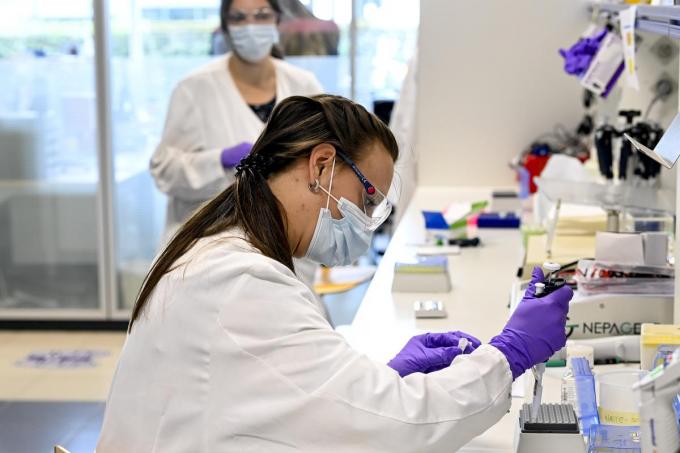A research team at the University of Louvain (UCLouvain) recently discovered a previously unidentified bacterium in the human intestine which has a positive effect on type II diabetes, obesity and inflammation.
The act of discovering a new genus of bacteria, giving it a name, and then analysing its action in the human body by a single team is a rare occurrence in the world of Belgian research, according to a press release from the university published on Wednesday.
The research team named the bacterium Dysosmobacter welbionis. The first word translates into bacteria that stinks, "because when you grow it, it has a slight odour," and the second refers to the Walloon regional organisation Welbio, which is financing the research.
An analysis of 12,000 fecal samples from around the world found that Dysosmobacter welbionis is present in 70% of the population, "which is huge," but that it was less present in people with type II diabetes.
When testing the action of the bacterium in mice, the scientists found that it increased the number of mitochondria (a type of power plants within cells that burns fat), which help lower sugar levels and weight, and have strong anti-inflammatory effects, all of which are beneficial for type II diabetic and obese people.
The team, led by Patrice Cani (FNRS researcher at the Louvain Drug Research Institute), is now investigating the effects of the bacteria on the fat tissues, as well as the possible impact it can have on other diseases such as inflammation and cancer, after discovering that the bacterium is not limited to the gut.
"That's the fun of research: you dig for dinosaur bones and you end up finding a treasure," said Cani.

